Hibiscus for Hair Growth: Benefits, How to Use, Side Effects
Evidence Based
All the information in this blog post is accurate, trustworthy, scientifically based and has been written and fact-checked by our experts and doctors.
Our licensed nutritionists and dietitians are committed to being objective, unbiased and honest, presenting all sides of the argument.
This article includes scientific references in brackets, which are clickable links to research papers from reputable academic organizations.

Hibiscus is known for its effects, on hair due to its abundance of nutrients and potential properties that support hair health.
Hibiscus for Hair Benefits:
Here are some ways in which hibiscus is believed to benefit the hair.
1. Moisturizes and Hydrates Hair:
The extract of hibiscus contains a substance called mucilage, which acts as a humectant. This means it helps attract and retain moisture in the hair keeping it hydrated and preventing dryness, breakage and frizz.
2. Supports Hair Growth:
Hibiscus extract is packed with antioxidants, including anthocyanins that safeguard the hair follicles from damage and promote growth of hair.
3. Strengthens Hair Roots:
It is believed that hibiscus extract has the ability to bind with keratin proteins in the hair strands thereby strengthening them and reducing breakage.
4. Prevents Hair Loss:
The antioxidant and anti inflammatory properties of hibiscus extract may help reduce inflammation, on the scalp, which can potentially contribute to hair loss.
5. Conditions Hair:
Hibiscus extract acts as a conditioner leaving the hair feeling soft, smooth and easy to manage.
6. Enhances Luster:
Hibiscus extract is thought to enhance the shine and luster of the hair giving it an appearance.
7. Soothe the Scalp:
Hibiscus extracts anti inflammatory properties may help soothe the scalp. Reduce issues, like dandruff and flaking of the scalp.
8. Safeguard the Hair:
The antioxidant properties of hibiscus extract can assist in safeguarding your hair from damage caused by factors like pollution and harmful UV rays.
Both the Hibiscus Flowers and leaves are good for Hair health.
How to Use Hibiscus for Hair?
Here is the process of Incorporating Hibiscus in Your Haircare Routine.
1. Create a hair mask by mixing powder or dried flowers with water or yogurt. Apply this mask to your hair focusing on the ends and leave it on for around 30 minutes to an hour before rinsing it out
2. Infuse oil, such as coconut or jojoba oil, with hibiscus flowers or powder to make a nourishing hair oil. Massage this oil into your scalp and hair leaving it on for 30 minutes before shampooing and conditioning as usual.
3. Prepare a hair rinse by boiling hibiscus flowers in water allowing it to cool down afterwards. Use this infused water as a rinse, after shampooing and conditioning your hair.
4. Enhance your shampoo or conditioner by adding powder or extract to reap its benefits when cleansing or conditioning your hair.
Using hibiscus in your hair care products can enhance their hair benefiting properties. Both men and women can benefit from hibiscus when it comes to the health of their hair.
Side Effects of Hibiscus for Hair
It's important to be aware of side effects associated with hibiscus use;
1. Scalp Irritation:
Hibiscus extract contains compounds that may cause scalp irritation especially if you have skin. If you notice any redness, itching or burning after using hibiscus on your hair it's advisable to stop using it and consult a doctor or dermatologist.
2. Hair Dryness:
Hibiscus extract has a drying effect so if you already have hair using hibiscus may further exacerbate the dryness. To prevent this consider using conditioners or oils in conjunction, with hibiscus.
3. Hair Staining:
Hibiscus extract possesses an pink coloration, which means that it may temporarily stain colored hair. To avoid this issue. Use hibiscus, on colored hair or perform a patch test on a small section of your hair before applying it all over.
4. Allergies:
Although its not very common some individuals may have a reaction, to hibiscus. This can result in skin rashes, hives or difficulty breathing. If you experience any symptoms after using hibiscus on your hair it's important to stop using it and seek medical attention.
5. Hair Dye Interference:
If you've recently dyed your hair using hibiscus might cause the color to fade or change. It's advisable to wait until your hair dye has settled before incorporating hibiscus products into your routine.
Overall the potential issues or side effects of using hibiscus on your hair are generally manageable. Can be avoided by taking precautions.
Also Read the Articles:
Disclaimer: The information provided on this page is not a substitute for professional medical advice, diagnosis, or treatment. If you have any questions or concerns about your health, please talk to a healthcare professional.

 Evidence Based
Evidence Based
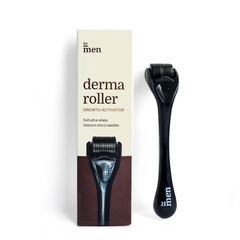
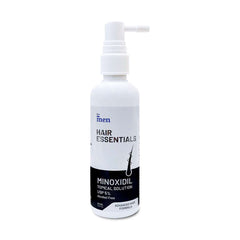


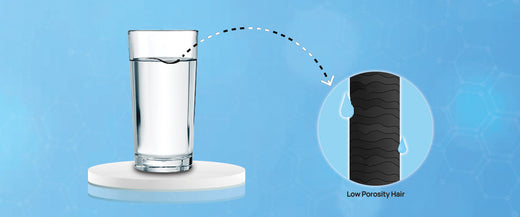
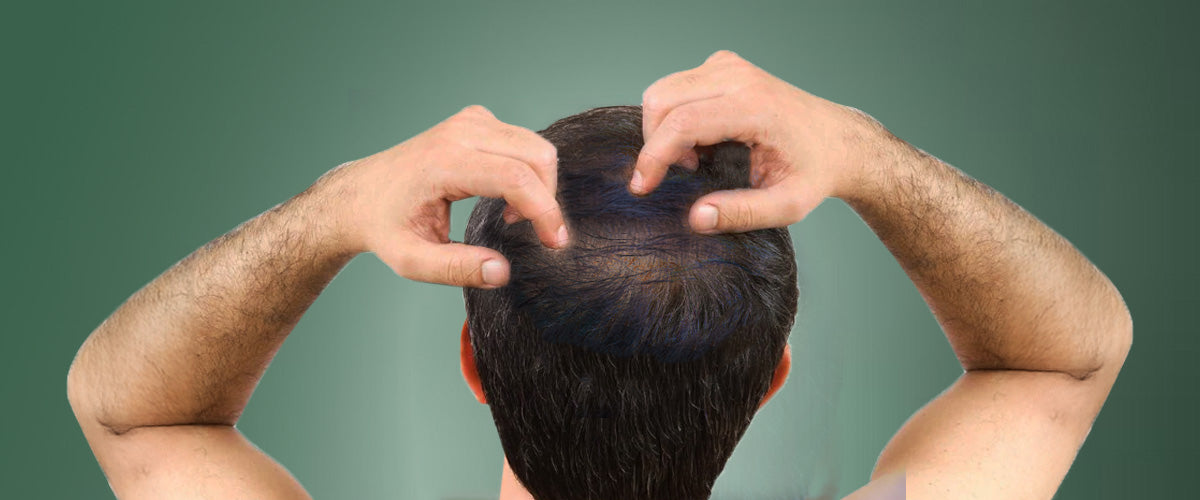
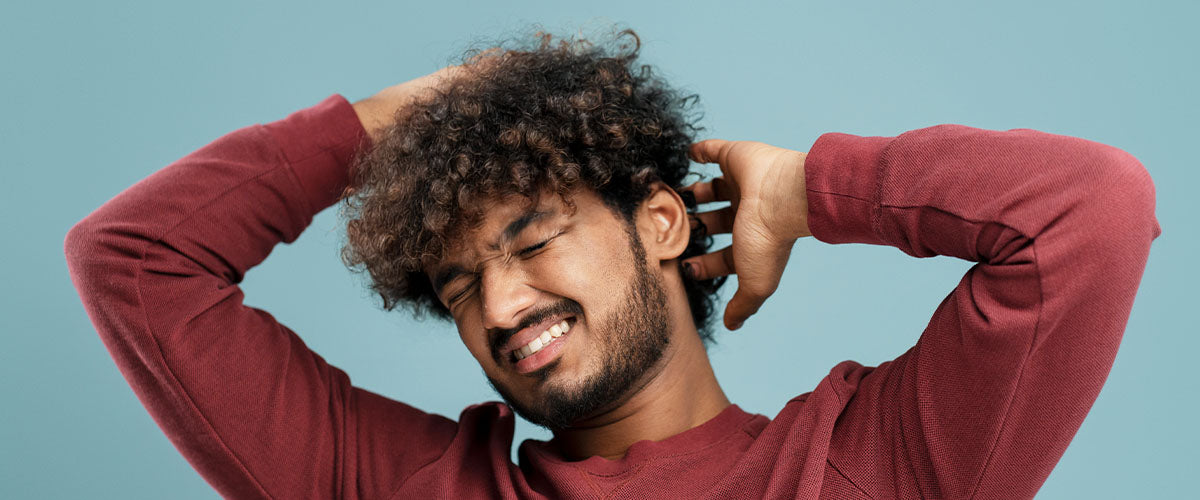
Leave a comment